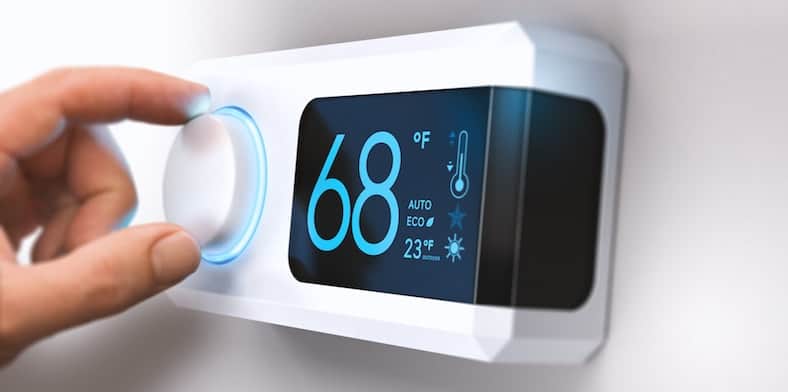Running a retail business is no easy feat. Saving money on everything possible often becomes necessary, but there’s no need to compromise on quality. You can cut your energy costs up to 70% in just a few minutes and put those savings towards growing your business.
Energy is probably one of those cost items most overlooked, as the bill is simply paid each month without thinking too much about how it can be reduced. With a little effort on your part, you can reduce your business costs by focusing on two main areas: consumption and tariff price.
Three Ways to Monitor Your Energy Consumption
1. Using Energy Efficient Appliances
Over time, most manufacturers have introduced energy efficiency into their appliances, making today’s choices less limited to those that are unfriendly to the environment. However, the energy efficiency ratings can be quite confusing, so it’s best to check the actual number of kilowatt hours (kWh) used instead. For example, you might find a 60-inch television rated A+++ actually uses ten times more energy than a 14-inch television with the same rating.
In an office, swapping ten desktop computers with screens to laptops will save £706 per year. In a retail environment, this may not be possible, but changing any electric equipment that is decades old could make a significant impact on how much energy your business consumes.
2. Insulate
Most businesses leak the heating or cooling they generate, which means the systems need to work doubly hard to keep the temperature constant. For most retailers, the energy is lost through the front door! Unfortunately, there are no specific grants to assist businesses in upgrading their building, but most advice is common sense. Insulate your business’s building as much as possible to keep the air you pay for inside.
3. Switch It Off
We’re all used to the “Switch Off” stickers we had in school next to the light switches, but perhaps that message hasn’t made it into our business lives. One of the biggest wastes of energy is leaving equipment, lights or heating on when a business is closed.
There are numerous examples of wasted energy from the University of Cambridge. Think leaving a light on at night is harmless? They state that one light left on overnight for one year produces the same amount of greenhouse gas as a car traveling from Paris to Cambridge. The savings will add up quick as well, as each of those lights left on overnight costs you up to £24 per year!
Change Your Tariff to Save Even More
Although the basic price of gas and electricity hasn’t changed for some time, your contract may be far higher than it should be. As with other utility and insurance products, the best deals are for new customers—loyalty does not pay in this market.
If you’ve never switched providers, or switched over 12 months ago, then your rates are likely to be at least 30% higher than the standard prices in the market.
Most businesses opt to accept their renewal letter each year, which has increased rates. In the past, if you were on renewal rates you couldn’t move for at least another 12 months. However, the regulator deemed this practice unfair, so now any business that was “rolled over” for another contract term can switch any time they like.
There are 20 energy suppliers vying for your business. Almost all contracts for small businesses have fixed prices for a fixed length of time. You have to commit for at least one year but can lock in your rates for up to five years, in some cases.
There are a number of ways to find out the best tariff rates for your circumstances:
- Check each supplier yourself, either by phoning customer services or using their online quoting systems.
- Use a comparison service that’ll find the best options for you. Not many offer a complete market comparison, so you may miss some of the best deals.
- Use the services of a specialized energy broker. Most have access to all suppliers and all deals available. Brokers take a commission from the energy company, so there are no direct charges to use these services.
Get Switching
In the scenarios above, all the quotes will beat any price you’re paying if you haven’t switched in 12 or more months. Much like with residential gas and electricity switches, the new energy provider does all the changes on your behalf. Almost all switches execute without a hitch. Just remember to take meter readings on the day of the transfer to ensure your old and new bills are accurate.
There is no downside in spending five minutes searching for prices either online or via a broker. Some businesses have saved hundreds of thousands of pounds a year by changing their contract. Switching energy providers has one of the largest ROIs—five minutes of a manager’s time creates an annual £1,500 cost saving, delivering a 7,400% return!




